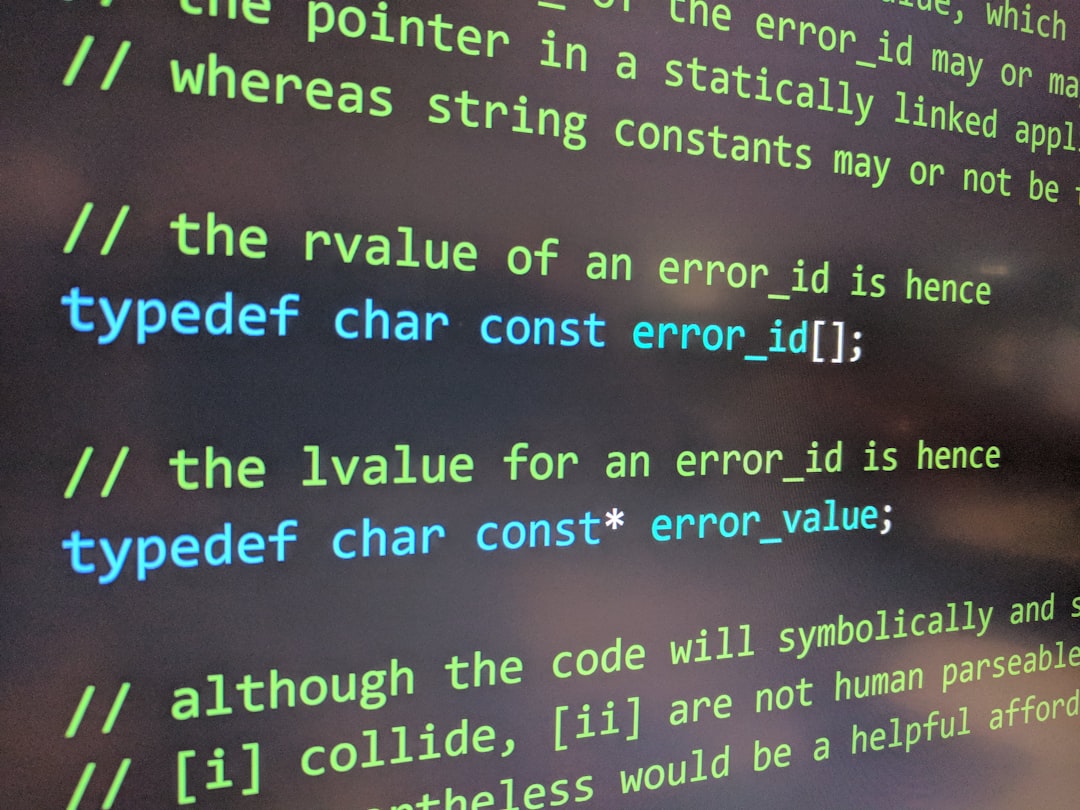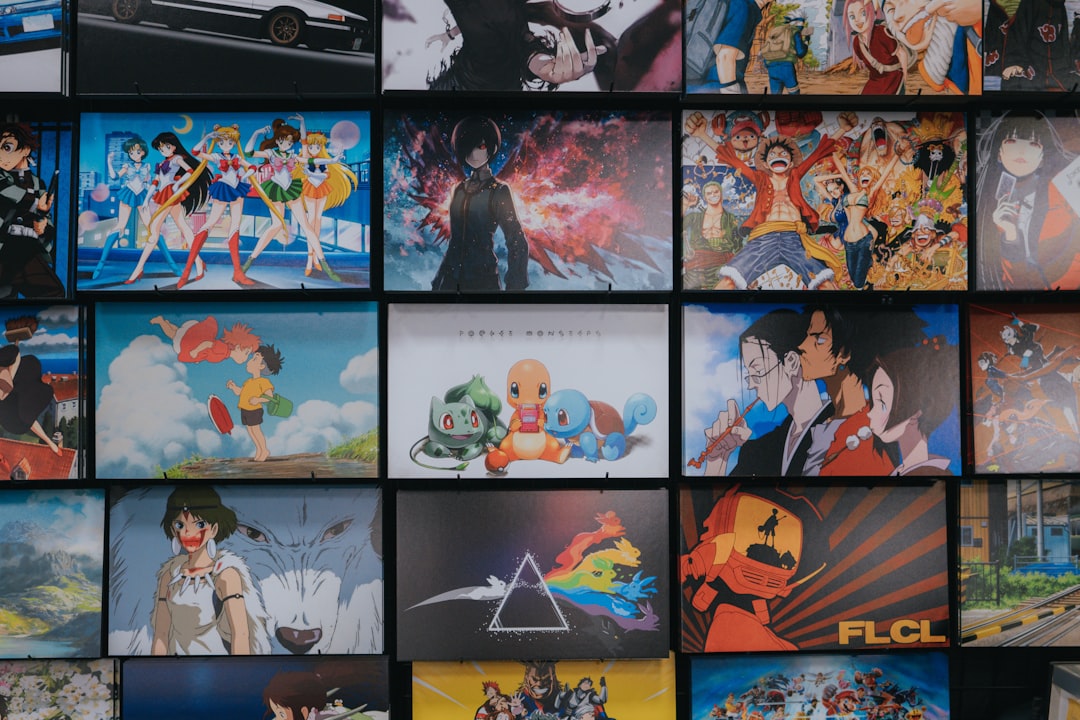In recent years, the global popularity of anime has surged dramatically, reaching audiences far beyond its Japanese origins. As demand increases, so does the number of online platforms offering anime content. While many fans turn to official streaming services like Crunchyroll, Netflix, or Funimation, others opt for alternative anime sites that provide free access to a wide range of shows. But before clicking “play” on one of these unofficial platforms, it is important to understand the potential legal implications and ethical concerns involved.
Alternative anime sites often operate in a gray area—or sometimes entirely illegally—by hosting or linking to copyrighted content without proper licensing agreements. This raises legitimate questions around whether using these sites could lead to legal trouble for users or simply perpetuates piracy that hurts creators and the industry at large.
What Are Alternative Anime Sites?
Alternative anime sites are platforms that offer anime content without obtaining the rights or licenses to distribute it. These sites might allow users to stream or download shows for free, often hosting a wide variety of titles, including the latest episodes of ongoing series—sometimes even before they air officially in regions outside of Japan.
Examples of such sites might include:
- Mirrored streaming services that copy content from legal platforms
- Fan-subbed repositories that provide translated versions of shows before official subtitles are available
- Download websites that archive full seasons in zip or torrent files

Legal Risks of Using These Sites
From a legal standpoint, most alternative anime sites are in clear violation of copyright laws. Distributing or consuming copyrighted media without proper authorization is considered piracy, which is illegal in most countries.
Key legal issues include:
- Copyright Infringement: Hosting or streaming unlicensed anime is a direct breach of intellectual property rights.
- Contributory Infringement: Even linking to pirated content or encouraging others to use such platforms can result in legal action in some jurisdictions.
- User Liability: While casual viewers are rarely prosecuted, certain countries have begun cracking down on users who download or share pirated content. German and Japanese copyright enforcers, for example, have fined individuals for torrent use.
Furthermore, some alternative anime websites may expose users to secondary risks such as malware, phishing attempts, and invasive advertising, further complicating the decision to engage with these platforms. Legal trouble or not, using rogue services can pose serious cybersecurity risks.
Impact on the Anime Industry
By streaming from unofficial sources, fans may inadvertently damage the very industry they claim to love. Anime production is an expensive and labor-intensive process, and much of the revenue comes from licensing deals with international streaming platforms.
When audiences bypass these official channels, less revenue returns to the studios, limiting their ability to fund future projects. This not only affects companies but also severely impacts animators, writers, and other industry professionals, many of whom are already underpaid.

Ethical Considerations
Even beyond legality, there are ethical concerns to weigh. Is it right to enjoy a show without supporting the people who made it? For many fans, the answer hinges on availability and affordability—sometimes legal streams aren’t accessible in a user’s country, or subscription fees may be out of reach.
In such cases, it’s advisable to look into legitimate alternatives such as:
- Buying DVDs or official merchandise to support creators directly
- Using ad-supported official platforms that often offer some content for free
- Petitioning distributors to bring more anime to underserved markets
Conclusion
While alternative anime sites may offer convenience and accessibility, they come with a host of legal and ethical challenges. Using them may not only put users at legal risk but can also undermine the economic foundation of the anime industry. Fans should strive to be informed consumers who support creators and legal distribution channels whenever possible. It’s not just about watching anime; it’s about sustaining the creative ecosystems that make it possible.
